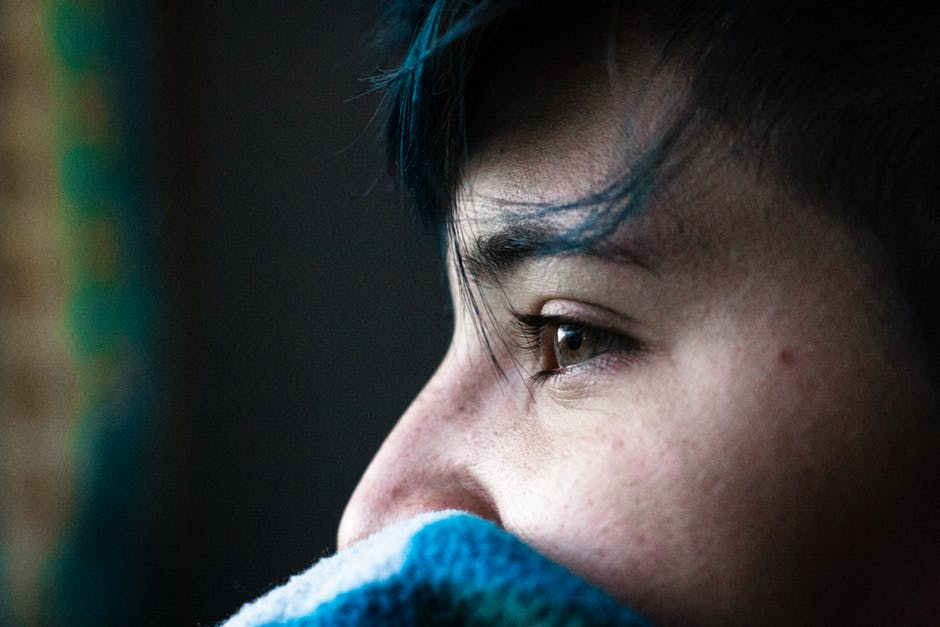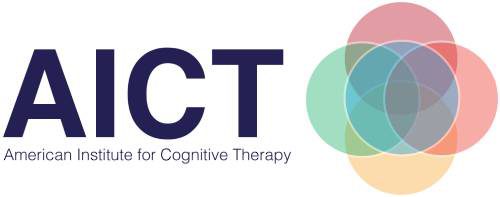Treatment for College Students and Young Adults
Children and Adolescents | Young Adults
The time between high school and your 30’s is a time of rapid change and transition. Decisions need to be made about career, relationships, and what kind of person you’d like to be. These decisions often come with anxiety, uncertainty, and self-doubt. Some common problems associated with the period of “emerging adulthood” are the following:
Anxiety
This is the most common mental health diagnosis among college students, and more than half of all college students visit college clinics to seek treatment for anxiety. Symptoms can include uncontrollable worry, feeling restless or on edge, difficulty concentrating, physical symptoms such as racing heart or shakiness, and more. If you find yourself worrying a lot about multiple different things, you might be dealing with clinical levels of anxiety.
Depression
This is another incredibly common difficulty for individuals in their 20s and 30s and can be related to a variety of factors, such as challenges with work, friends, family, romantic relationships, and/or a chemical imbalance. Individuals with depression typically experience low mood, difficulties with motivation, and negative thoughts, and they may also experience physical symptoms such as feeling very tired or changes in appetite.

schedule a consultation at or intake@cognitivetherapynyc.com
Loneliness
Whether it’s finding friends at college, moving to a new place post-college, or adjusting to a new social dynamic as friendships change throughout your 20s and 30s, finding and maintaining a sense of belonging can be a challenge and loneliness is a pervasive side effect.
Avoidance
Many young adults struggle with avoidance in academic, employment, and social environments. This can look like procrastination, difficulty making decisions, avoidance of new situations, or trouble staying “on top” of obligations, which can lead to feelings of shame or a sense of feeling stuck.
Family Issues
There can be difficulties encountered with family members when young adults move back in with parents after college. Conflict can also arise as young adults seek to balance their new independence and responsibilities with family relationships.
Dating and Relationships
Emerging adulthood is often a time for pursuing dating and romantic relationships. Relationship issues, frustrations with dating, and other concerns related to romance and sexuality are common topics to be addressed in therapy.
Identity formation
It is very normal for emerging adults to experience confusion around their identity, including as it relates to professional development, values and goals, and the type of person they want to be as an adult.
It is very normal for emerging adults to experience confusion around their identity, including as it relates to professional development, values and goals, and the type of person they want to be as an adult.
The American Institute for Cognitive Therapy offers individual, family, and group sessions to help young adults:
• Improve social and romantic relationships
• Redefine family relationships
• Identify life values
• Sort through career options
• Cope with the emotions associated with this time of transition
Services are tailored to your unique needs and goals. You and your psychologist will decide what kind of treatment makes sense for you.
